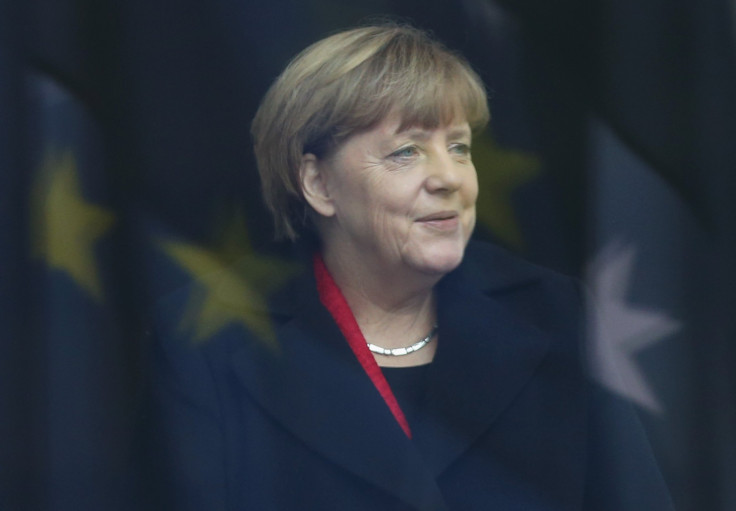Germany Outlines Plan To Support Fight Against Islamic State: Media

FRANKFURT (Reuters) - Germany could send 1,200 soldiers to the Middle East by the end of the year to support a coalition battling Islamic State, Germany's top defense official told a newspaper on Sunday as his minister backed an international alliance against the group.
Chancellor Angela Merkel promised to support the offensive against Islamic State during talks with French President Francois Hollande, who called for more countries to help fight the militants after the Nov. 13 attacks in Paris.
Germany's defense minister Ursula von der Leyen called for the alliance for a limited time to combat the militants in a commentary in an advance copy of the Bild newspaper due out on Monday.
She said the aim of what she called a "special purpose" alliance was to "weaken ISIS, to limit its freedom for maneuver, to destroy its training camps, to win back city by city, destroy its oil revenue and break the aura of invincibility".
Germany's troops plan, which still needs approval from parliament and was outlined by Germany's Chief of Defence Volker Wieker in Bild am Sonntag, does not include direct involvement in the coalition's air offensive.
In Germany, the public still dislikes sending forces overseas except for in peace missions, in part due to memories of Nazi militarism.
Under the plan, a German frigate would accompany France's Charles de Gaulle aircraft carrier, Wieker said in the interview. German planes would refuel the jets of the coalition as well as take photographs in the region.
"From a military point of view for the servicing of the planes and ships, about 1,200 soldiers would be necessary," Wieker told the newspaper.
He said he hoped to obtain the necessary mandate by the end of the year.
Wieker also said Germany was in talks with Jordan and Turkey about stationing Tornado aircraft for reconnaissance in the region.
German officials said Merkel saw a bigger German role as the price to pay for Hollande's support in tackling the refugee crisis in Europe.
© Copyright Thomson Reuters 2024. All rights reserved.







